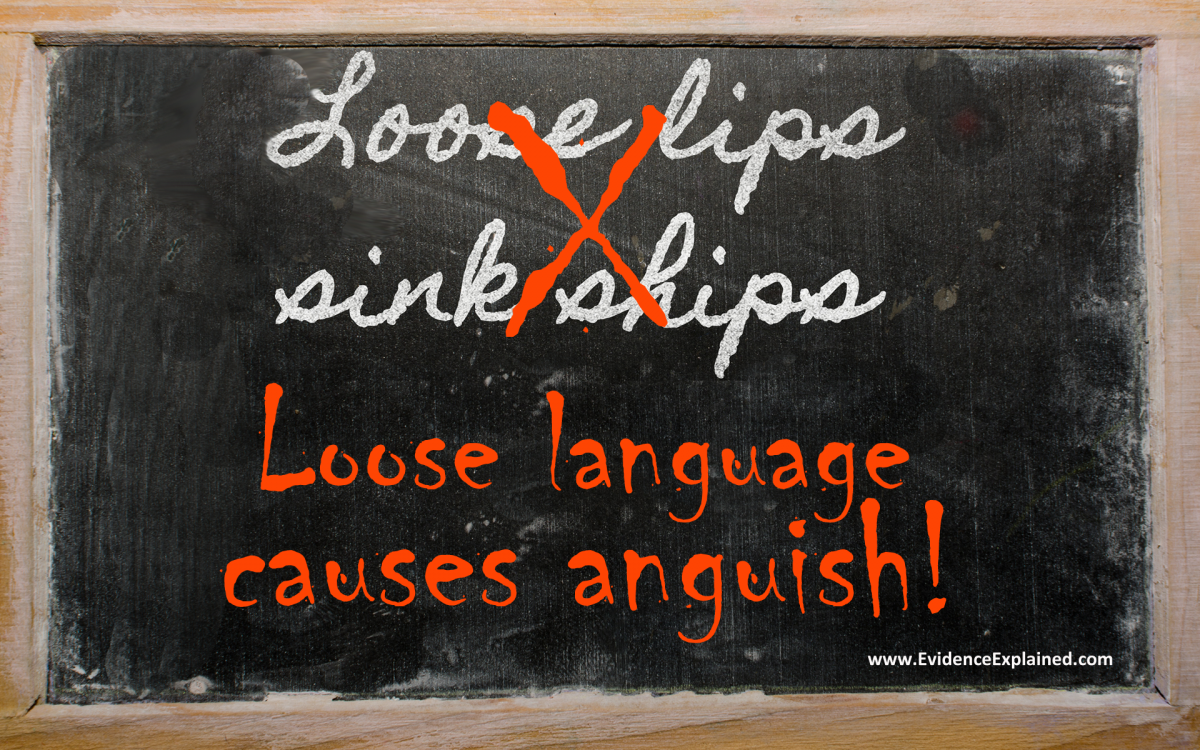8 November 2014

Wits and sages across the ages have admonished us to "Say what you mean and mean what you say." It's a wonderful habit to be in. If we think in this groove, it doesn't mean we're a word nerd. It means we're careful researchers and writers.
When we identify our sources, we do need to choose our words thoughtfully. A database can be a "source." If the database offers images, each of those images is a record. But that database's computer-generated entry that describes the image is neither a "record" nor a "document." It's a totally different entity that someone created after the fact.
A baptismal act entered into a register is a "baptismal record," but it is not a baptismal certificate. That's also a totally different critter. A marriage contract, a marriage license, and a marriage bond are records, but none of these is a "marriage record." The contract is only a record that two people intended to marry and that they agreed upon a specific dissolution of proceeds when the marriage ended by death or divorce. The license is only a record that a man went before the county clerk and paid for legal permission to marry someone he said was willing to marry him. The bond is only a record that the man, and someone who stood as his security, agreed to forfeit a certain sum in the event that the marriage occurred under a situation that was not legal. In all these cases, marriage may never have taken place after the license was issued, the bond was posted, or the contract was drafted.
Regardless of the kind of sources we're using, "loose language" in describing our source can, at best, make it difficult to relocate information. At worst, it will make it difficult to appraise the evidence that supports our findings or our assertions—or mislead ourselves or many researchers for years to come.
And, of course, when you're deep into reading someone else's research and a record type is not adequately explained, EE is always the first source you turn to for additional information about that record type. Right?
PHOTOCREDIT: Elizabeth Shown Mills, adaptation of "Loose Lips Sink Ships," CanStockPhoto (http://www.canstockphoto.com/images-photos/word-nerd.html#file_view.php?id=9169473 : downloaded 1 November 2014), uploaded 4 April 2012 by vepar; used under license.